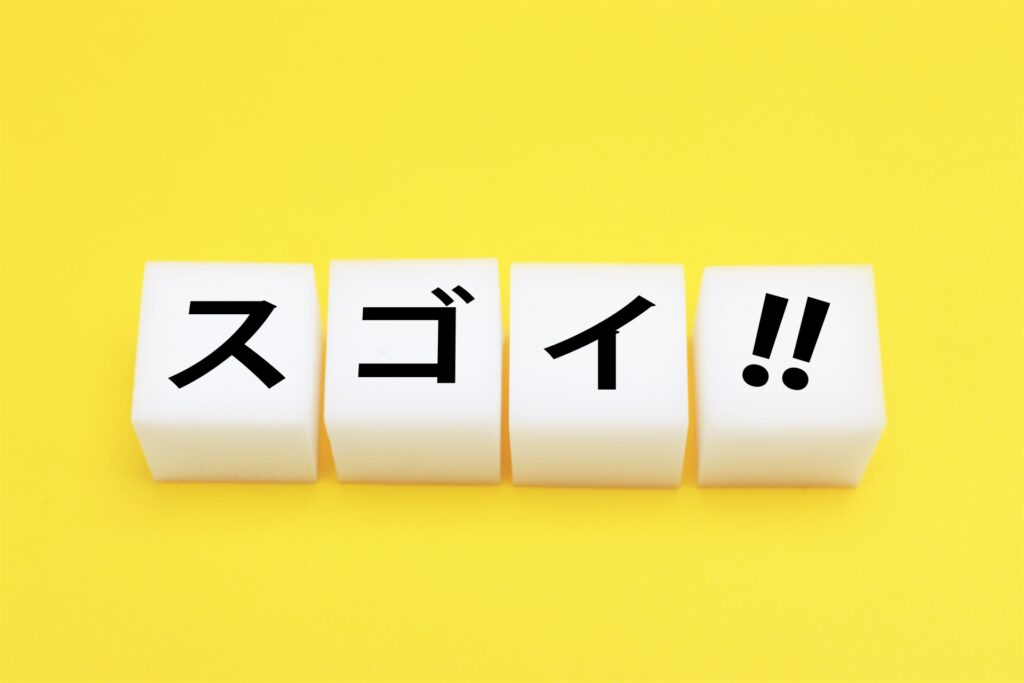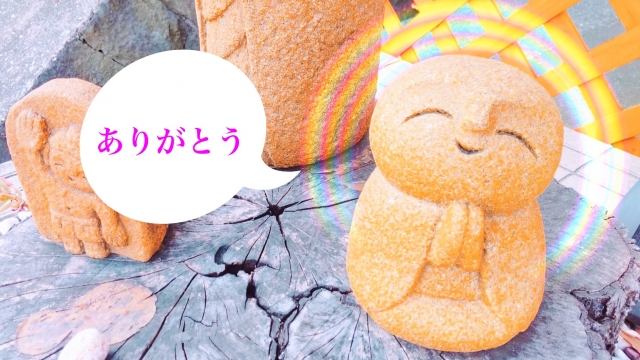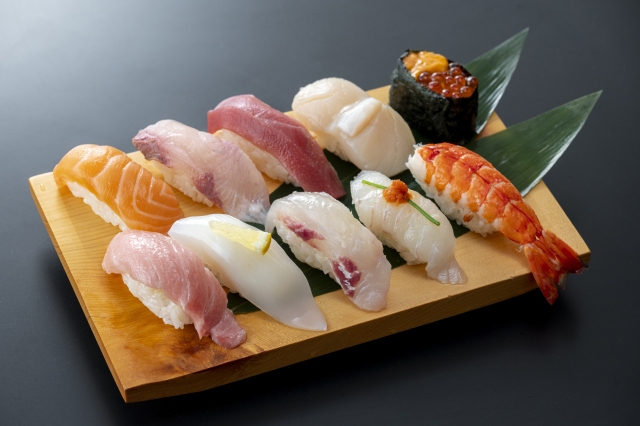When a foreigner stays in Japan for a long period or lives there on a work visa, they often encounter the “Sugoi meaning” challenges of the Japanese language. This phrase reflects the deep complexities and nuances they face.
Even with the intention of “I want to learn as much Japanese as possible since I’ve been here so long,” the process can be daunting due to the vastly different grammar from English and the way the same word can have diverse meanings based on its usage.
”Sugoi”
This word is used by many people in Japan, but it can have a variety of meanings depending on its usage.
Since it is a commonly used word, it is very useful to master it.
In this article, we would like to explain the Sugoi meaning and usage.

Click here to learn Japanese language with the best one-on-one Japanese tutoring lessons in person or online.
Contents
What is “Sugoi” in Japanese?
Sugoi” is a word generally used to express surprise or interest.
In English, it can be described as “Awesome,” “Fantastic,” “Cool,” “Wonderful,” or “Excellent.
If you look at these words, you will get some idea of the atmosphere of the word “Sugoi”.
In English, the word used changes depending on “how great” it is.
However, the Japanese word “Sugoi” can include a variety of meanings with just one word.
Examples of Conversations Using “Sugoi
Let us show you some examples of actual conversations using “Sugoi” in Japan.
- Example (1)
ⒶI passed the exam for the qualification I have been studying hard for.
がんばって勉強してきた資格の試験に合格したんだよ
Ⓑ”Sugoi”, right? You studied hard every day, didn’t you?
「Sugoi」ね。毎日勉強頑張っていたもんね。
- Example (2)
ⒶIt’s going to rain really hard today, Sugoi, so take an umbrella with you.
今日はメチャクチャ雨が「Sugoi」から傘持っていきなね。
ⒷReally? Sugoi” I hate it.
本当に?「Sugoi」嫌だ。
- Example (3)
ⒶI got stuck at five consecutive traffic lights on my way to work today.
今日は出勤中に5回連続で信号に引っかかったよ
ⒷThat’s “Sugoi”, isn’t it?
それ「Sugoi」ね。
In the case of example (1), “Sugoi” is meant as a compliment to someone who has passed a certification exam.
In the case of example (2), the meaning is to express a negative feeling about it raining.
By adding “Sugoi” in front of the negative meaning of “I hate it,” the word expresses a more negative emotion.
In the case of example (3), it also means to let people know that you are surprised by the words of someone who has had bad luck, and it also includes the meaning of “sympathy,” such as “I feel sorry for you.
Thus, the same word “Sugoi” can convey completely different nuances depending on its usage.

Many words similar to Sugoi
As mentioned above, there are many opportunities to use “Sugoi” in conversation, but there are also several similar words with the same meaning.
- Sugo! すご!
- Sugee! すげー!
- Sugokune? すごくね?
- Sugosugi. すごすぎ
These words are basically the same as “Sugoi.
Sugo!”, “Sugee!” and “Sugosugi” can be used in examples (1) and (3).
They can be used to express surprise or emphasis.
As for “Sugokune?”, it is used when you want the other person to sympathize with you in conversation.
The same word for sympathy is also used for “Sugoidesyo?
Younger people often use the former, while people in their 30s and older tend to use the latter.
Be careful of “Sugoi” with its negative meaning.
Although “Sugoi” basically has a meaning that emphasizes the words before and after, it should be noted that depending on its usage, it may be taken negatively.
Let’s use the aforementioned example (1) to illustrate.
- Example ①.
ⒶI passed the exam for the qualification I’ve been studying hard for.
がんばって勉強してきた資格の試験に合格したんだよ
Ⓑ”Sugoi”, right? You studied hard every day, didn’t you?
「Sugoi」ね。毎日勉強頑張っていたもんね。
This usage is 100% praise and will make the other person feel good.
Then, how about the following usage?
- Example ①.
ⒶYou passed the exam for the certification you have been studying hard for.
がんばって勉強してきた資格の試験に合格したんだよ
ⒷHey, you must be “Sugoi. (Do not put too much effort into the word.)
がんばって勉強してきた資格の試験に合格したんだよ
If you use “Sugoi” without putting effort into the word, as in this Ⓑ, you will get a jealous response, “Yes, yes, you did your best. You are better than others.” It could be taken to mean something negative, including jealousy or dislike.
Heh” at the beginning of the example is used in the same way as the English word “yeah,” but when pronounced strongly, it can be used to express positive interest, and when used weakly, it can be used to express negative indifference.
Therefore, if both “heyh” and “sugoi” are pronounced with low tension, it can be interpreted as “I am not interested in your words at all” or “boasting again? It is a word that shows strong dislike, such as, “Enough, enough!
Couples, lovers, colleagues, etc., should be aware that using this “Sugoi” in a negative sense may lead to fights or worsen the relationship.
First, let’s get used to using “Sugoi” with a positive meaning.
As we have explained, “Sugoi” is a word that can be used in a very wide range of ways.
Japanese who have been using this word for many years can instantly find the best way to use it, but it must be very difficult for those who are not used to it.
In particular, there are cases where the word can have a negative meaning, and if you try to “remember” to use it a lot, you may sometimes make others uncomfortable.
Hence, when you do not fully understand when to use it or which word to attach it to, it may be a good idea to be conscious of using “Sugoi” only as a “positive meaning.
If you use “Sugoi” with heightened tension when another person performs or says or does something praiseworthy, you can rest assured that the word will have a 100% praiseworthy meaning.

Conclusion
In this article, I have explained the meaning and usage of “Sugoi.
Although “Sugoi” appears in conversation quite often when living in Japan, it has a very wide range of meanings, and depending on how you use it, it may make the other person uncomfortable.
However, if you use it well, it can make the other person happy.
As you use it more and more, you will gradually get a feel for it.
Related article:










